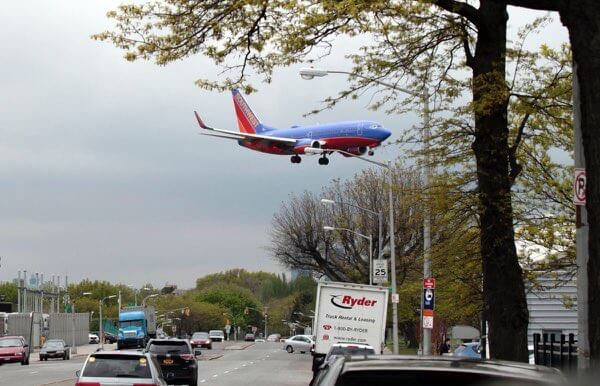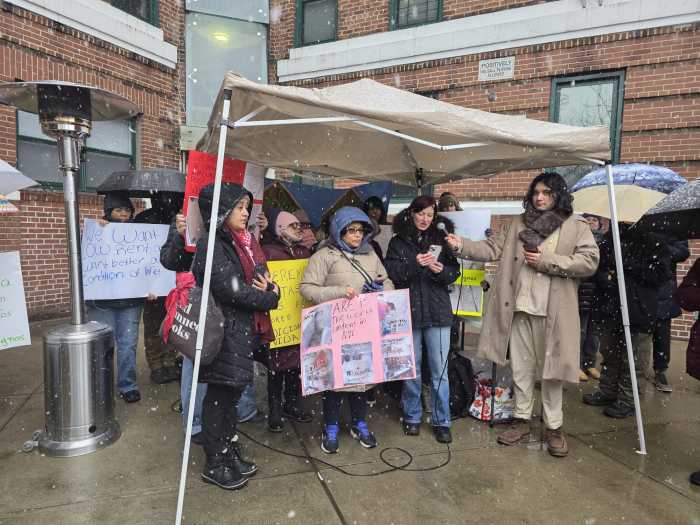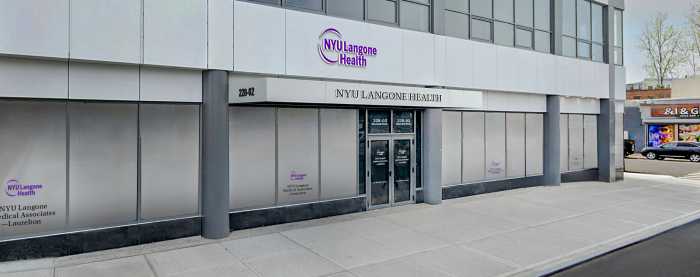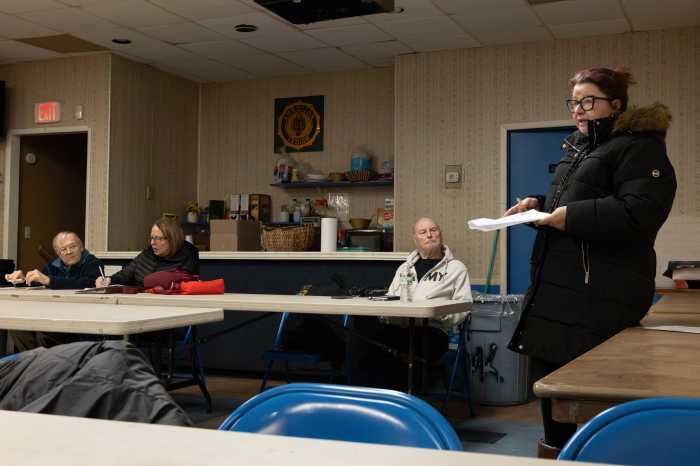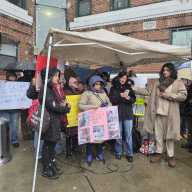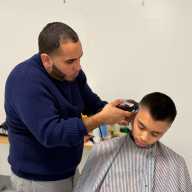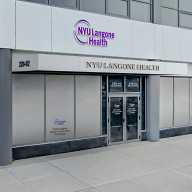By Mark Hallum
The Congressional Quiet Skies Caucus is asking Congress to fund two provisions for bringing relief to residents whose communities suffer the most from airplane noise.
The caucus hopes to fund a study through the House Appropriations Committee’s Subcommittee on Transportation, Housing and Urban Development to determine the health effects of airplane noise and requests that it direct the Federal Aviation Administration to conduct a review of its own standards.
Newly elected U.S. Rep. Tom Suozzi (D-Huntington) was recently appointed as co-chair of the Quiet Skies Caucus.
“This is a battle people throughout our region have been waging for too long,” Suozzi said. “This issue affects all of us – Republicans and Democrats – so Congress has a responsibility to listen to these people and do the right thing to ensure that noise levels are going down and that people are getting the help they need. I will continue to lead this fight until folks in our region can live in peace and quiet.”
U.S. Rep. Joseph Crowley (D-Jackson Heights), chairman of the Democratic Caucus, is a founding member of Quiet Skies.
“The toll aircraft noise pollution takes on communities surrounding our airports is not just a toll on their quality of life. It adds stress to their lives, affects their ability to sleep and can hinder student learning,” Crowley said. “We have an obligation to determine the true impact on their health, to review our current noise standards and to work on real solutions for New Yorkers that for too long have had to endure this perennial disruption.”
U.S. Rep. Grace Meng (D-Flushing) is also a founding member and still serves on the Quiet Skies Caucus despite giving up her seat as co-chair to Suozzi in February.
“Communities throughout New York and the nation continue to be negatively impacted by aircraft noise and many of our constituents remain concerned about the effect it has on their health and quality of life,” Meng said. “Developing data on the impact of noise and air pollution is a key to mitigating excessive airplane noise and creating a healthier environment.”
U.S. Rep. Gregory (D-Jamaica) said the full impact of airplane noise has been overlooked at this point with further studies needed, and the letter to the House Appropriations Committee was a step in the right direction.
The letter asks the funds be secured in the fiscal year 2018 Transportation, Housing and Urban Development appropriations bill and that a qualified institution of higher education help conduct the study.
A September news conference with Queens Quiet Skies — an organization founded in 2012 which has fought to address the issue of airplane noise since the FAA changed flight patterns — showed a sharp increase in noise after Quiet Skies released information from a Freedom of Information Request filed by the organization from Port Authority.
Northeast Queens had about 57,000 departures over the area in 2002 and was on pace for 100,000 in 2016.
In early March, Delta Airlines announced it would be switching their fleet operating in an out of JFK and LaGuardia Airports with less disruptive and more fuel-efficient aircraft. The cacophonous MD-88s will be discontinued while the Airbus A320 aircraft, Boeing 737s and a limited number of MD-90 airplanes will run in its place.
Reach reporter Mark Hallum by e-mail at mhall

